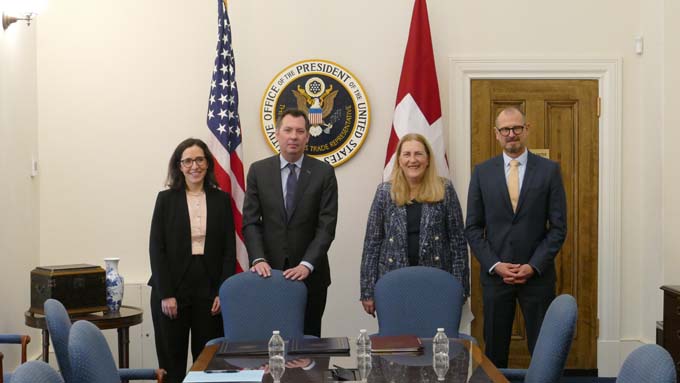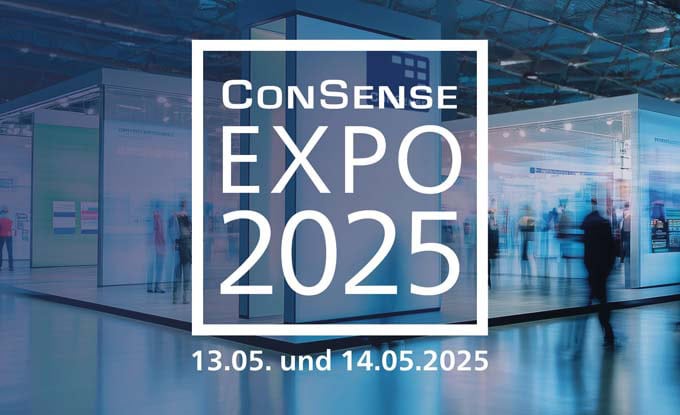Pharmaceuticals: Switzerland and USA sign MRA
On January 12, 2023, Switzerland and the U.S. signed a Mutual Recognition Agreement (MRA) on Good Manufacturing Practice (GMP) inspections for pharmaceuticals. The agreement is expected to enter into force later this year and will mean a reduction in non-tariff trade barriers.

With a trade volume of 900 billion Swiss francs, the USA is now Switzerland's most important trading partner. The United States is also a major export market for the Swiss pharmaceutical industry: 26 percent of drug exports now cross the Atlantic. Until now, however, trade has been associated with a number of administrative hurdles. For example, drugs must be produced in accordance with internationally agreed Good Manufacturing Practices (GMP). Compliance with these rules is checked twice: in Switzerland by Swissmedic and in the USA by the Food and Drug Administration FDA.
Lower hurdles for drug approval
The agreement signed on January 12, 2023, now assures mutual recognition (Mutual Recognition Agreement MRA) of GMPs. This means that Swissmedic and the FDA will refrain from inspecting the production facilities of pharmaceutical manufacturers in the other country after an intensive review of the partner state's inspection practices. This is a win-win situation for both sides, because such inspections tie up resources and cost time and money - according to industry association Interpharma, "quickly more than a million Swiss francs." These resources can now be invested in innovation following the elimination of mutual inspections.
The agreement removes a so-called non-tariff trade barrier. According to the Federal Department of Economic Affairs, Education and Research (EAER), the GMP MRA also contributes to the diversification of trade relations, including Switzerland's cross-border production and supply chains. In this way, the MRA supports the security of supply and resilience of the Swiss economy, which is dependent on foreign trade, especially in view of the ongoing global upheavals with regard to international trade, according to the statement published on the subject.
Motion calls for similar MRA for medical devices
Comparable GMP MRAs already exist between the US and the EU, as well as the UK. Switzerland, for its part, has already concluded GMP MRAs with the EU, the UK, and South Korea. The agreement is intended to create a level playing field for Switzerland as a pharmaceutical location compared to the EU and the UK in the US market. However, medical products that do not fall into the pharmaceutical sector are still excluded. A motion by National Councilor Damian Müller wants to change this and calls for an MRA with the US and other countries for the approval of medical devices (e.g. insulin pumps, medical protective masks, prostheses, etc.). This is because after the EU's new Medical Devices Regulation comes into force in 2021, Switzerland will be considered a "third country" there because there is no framework agreement between Switzerland and the EU. For the approval of medical devices, this means a high administrative hurdle and may lead to certain products no longer being available in Switzerland in the medium to long term.
Sources: economiesuisse, WBF/Swissmedic, interpharma









